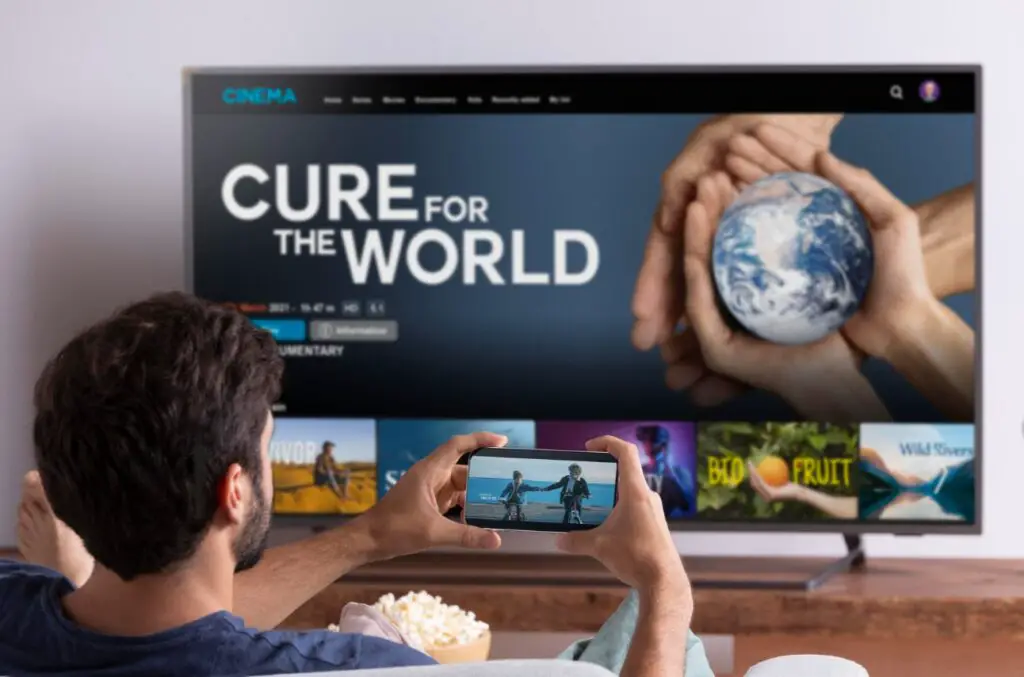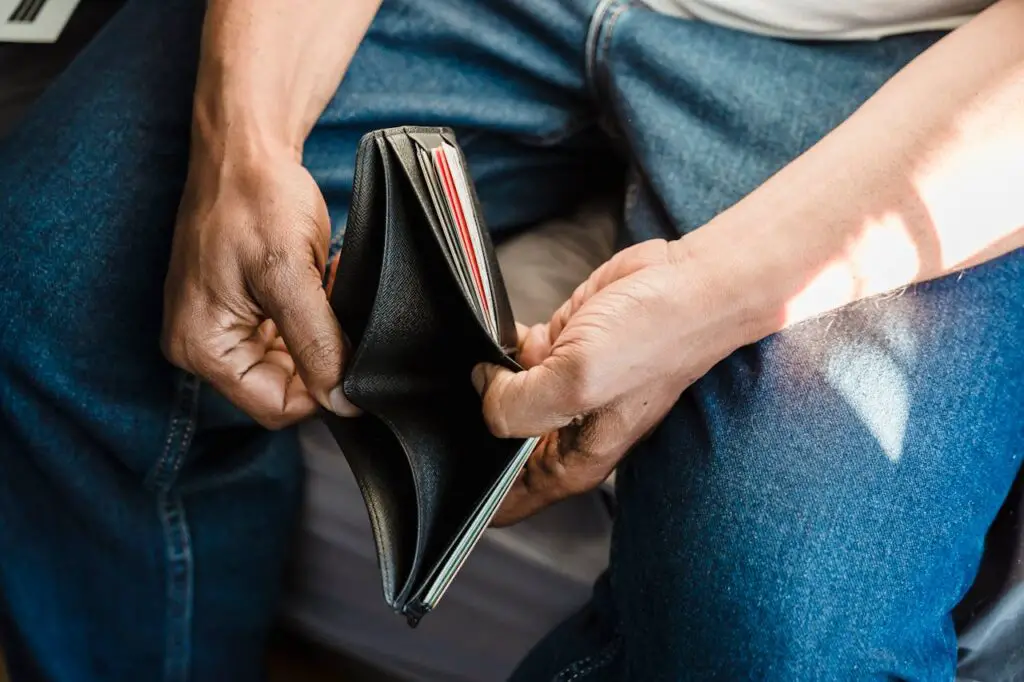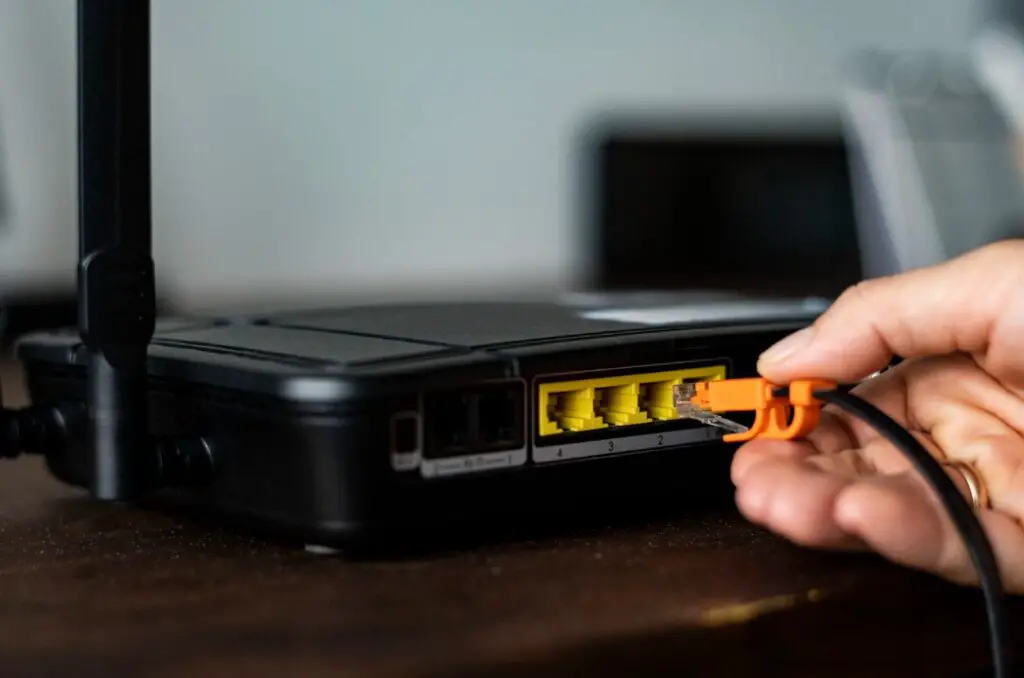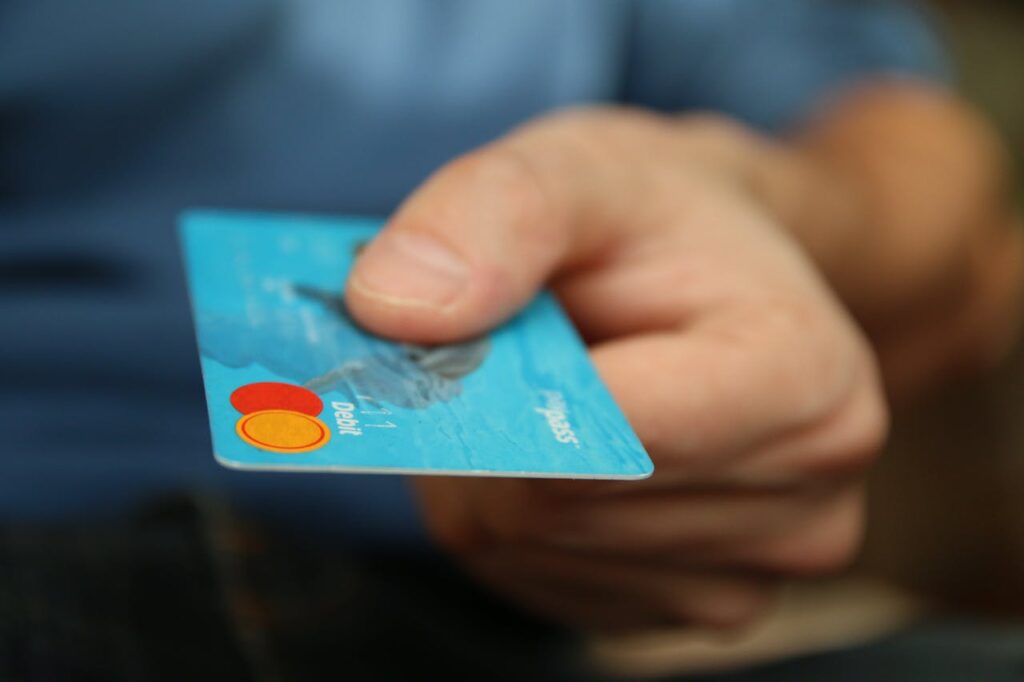Americans Waste an Unbelievable Amount of Money on These 10 Everyday Expenses—Are You Guilty?

Remember when a loaf of bread cost a quarter, and gas was pocket change? Those days are long gone, and now, every penny counts more than ever. But here is the kicker—many Americans, especially those who have worked hard their entire lives, are unknowingly throwing money away on things they do not need. From sneaky subscriptions to everyday habits that drain your wallet, these money-wasters could be quietly emptying your bank account. If you want to stretch your retirement dollars or just keep more cash for things that truly matter, it is time to take a closer look at these ten spending traps.
1. Unused Subscriptions That Keep Charging You

Think back to a time when entertainment did not require five different streaming services. These days, many people have Netflix, Hulu, Prime Video, and half a dozen other platforms—but how many do they actually watch? Add in forgotten magazine subscriptions, gym memberships, and “free trials” that turned into monthly charges, and it is easy to see how companies make billions from customers who never cancel. The fix? Take a few minutes to review your bank statements, cancel what you do not use, and start pocketing that extra cash instead.
2. Daily Coffee Runs That Drain Your Wallet

Grabbing a coffee from the local café is a nice treat, but when it turns into a daily habit, it can quietly eat away at your budget. A $5 cup of coffee might not seem like much, but over a year, that is nearly $2,000. Back in the day, folks brewed a fresh pot at home, and that trick still works today! Investing in a quality coffee maker and brewing your own morning cup can save you thousands over the years. Plus, you can enjoy it in the comfort of your kitchen instead of waiting in a long drive-thru line.
3. Eating Out Instead of Cooking at Home

Cooking at home used to be the norm, but in today’s fast-paced world, eating out has become second nature. The problem? Restaurants mark up food prices by as much as 300 percent, and that is before adding in taxes, tips, and delivery fees. Even a simple fast-food meal now costs as much as a home-cooked dinner for two. If you want to keep more of your money, consider meal planning and cooking at home more often. Not only will your wallet thank you, but so will your health.
4. Paying Extra for Fancy Brand-Name Products

Do you automatically reach for name-brand groceries, medications, and household items, thinking they are better? You are not alone! Many Americans stick to brand names out of habit, but the truth is, generic products often have the same ingredients and quality—just without the flashy packaging and hefty price tag. Swapping out name brands for store-brand alternatives can save you hundreds, if not thousands, over the course of a year.
5. Impulse Buys That Add Up Fast

Ever walk into a store for one item and leave with a cart full of things you never planned on buying? Retailers are masters at making you spend more than you intended. Whether it is a last-minute purchase at the checkout line or an online sale that seemed too good to pass up, impulse buying can quickly drain your bank account. A simple trick? Follow the “24-hour rule.” If you see something you want, wait a day. More often than not, the urge will pass, and you will keep your money where it belongs.
6. Letting Gift Cards Go to Waste

Gift cards are supposed to be free money, but millions of dollars’ worth go unused every year. They sit in drawers, get lost, or expire before they are used. If you have a stash of forgotten gift cards, put them to good use. Use them for essentials like groceries, gas, or pharmacy items. If you truly do not need them, consider selling them online or regifting them to someone who will use them. Letting a gift card expire is the same as throwing away cash!
7. Wasting Money on Extended Warranties

Stores love to push extended warranties when you buy a new TV, fridge, or car, but here is the reality—most of these warranties are not worth it. Many products already come with a manufacturer’s warranty, and in many cases, issues happen well after an extended warranty has expired. Instead of spending extra money on unnecessary protection plans, consider setting aside a small emergency fund for repairs. In the long run, you will likely save more.
8. Overpaying for Cable and Internet

Remember when TV was free with just an antenna? Now, cable companies charge outrageous fees for hundreds of channels, most of which never get watched. With so many affordable streaming options available, paying for expensive cable packages no longer makes sense. Many baby boomers are cutting the cord and switching to cheaper alternatives like streaming services or even just an old-fashioned antenna. A simple phone call to your provider to negotiate a lower rate could also save you hundreds each year.
9. Buying Bottled Water Instead of Using a Filter

Bottled water is one of the biggest money-wasters in America. If your tap water is safe to drink, why pay for something you can get for free? The average American spends hundreds of dollars a year on bottled water, not to mention the environmental impact of all those plastic bottles. A simple switch to a reusable water bottle with a built-in filter can save you money while also helping the planet.
10. Losing Money to Unnecessary Bank Fees

Banks make billions off of unnecessary fees—overdraft fees, maintenance fees, and ATM withdrawal charges. These small amounts may not seem like much at first, but over time, they add up to a significant sum. The best way to avoid these charges is to choose a bank with no hidden fees, use in-network ATMs, and set up alerts to track your balance and prevent overdrafts. Keeping more of your money in your pocket instead of giving it to the bank is always a smart move.
Final Thoughts

Money is too hard-earned to be thrown away on things that do not add real value to life. Whether it is cutting out unnecessary subscriptions, avoiding impulse purchases, or making smarter shopping choices, small changes can lead to big savings. If you recognize any of these money-wasting habits in your own life, do not worry—there is always time to make adjustments. By being mindful of where your dollars go, you can enjoy greater financial freedom, stress less about expenses, and maybe even splurge on something that truly makes you happy—like a vacation, a hobby, or spoiling the grandkids.
Want to start saving right away? Pick one of these areas to tackle today, and watch your bank account grow. After all, you worked hard for your money—why not make sure it works hard for you?
Leave a Reply